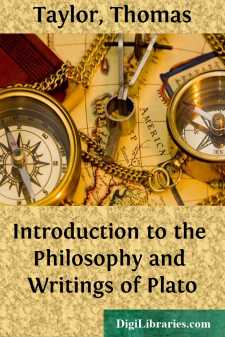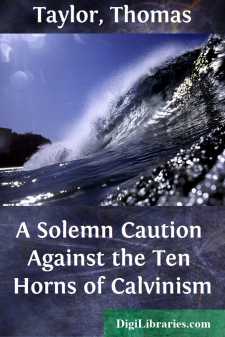Categories
- Antiques & Collectibles 13
- Architecture 36
- Art 48
- Bibles 22
- Biography & Autobiography 813
- Body, Mind & Spirit 142
- Business & Economics 28
- Children's Books 17
- Children's Fiction 14
- Computers 4
- Cooking 94
- Crafts & Hobbies 4
- Drama 346
- Education 46
- Family & Relationships 57
- Fiction 11829
- Games 19
- Gardening 17
- Health & Fitness 34
- History 1377
- House & Home 1
- Humor 147
- Juvenile Fiction 1873
- Juvenile Nonfiction 202
- Language Arts & Disciplines 88
- Law 16
- Literary Collections 686
- Literary Criticism 179
- Mathematics 13
- Medical 41
- Music 40
- Nature 179
- Non-Classifiable 1768
- Performing Arts 7
- Periodicals 1453
- Philosophy 64
- Photography 2
- Poetry 896
- Political Science 203
- Psychology 42
- Reference 154
- Religion 513
- Science 126
- Self-Help 84
- Social Science 81
- Sports & Recreation 34
- Study Aids 3
- Technology & Engineering 59
- Transportation 23
- Travel 463
- True Crime 29
Introduction to the Philosophy and Writings of Plato
by: Thomas Taylor
Description:
Excerpt
INTRODUCTION TO THE PHILOSOPHY AND WRITINGS OF PLATO
By
THOMAS TAYLOR
"Philosophy," says Hierocles, "is the purification and perfection of human life. It is the purification, indeed, from material irrationality, and the mortal body; but the perfection, in consequence of being the resumption of our proper felicity, and a reascent to the divine likeness. To effect these two is the province of Virtue and Truth; the former exterminating the immoderation of the passions; and the latter introducing the divine form to those who are naturally adapted to its reception."
Of philosophy thus defined, which may be compared to a luminous pyramid, terminating in Deity, and having for its basis the rational soul of man and its spontaneous unperverted conceptions,вÐâof this philosophy, August, magnificent, and divine, Plato may be justly called the primary leader and hierophant, through whom, like the mystic light in the inmost recesses of some sacred temple, it first shone forth with occult and venerable splendour.[1] It may indeed be truly said of the whole of this philosophy, that it is the greatest good which man can participate: for if it purifies us from the defilements of the passions and assimilates us to Divinity, it confers on us the proper felicity of our nature. Hence it is easy to collect its pre-eminence to all other philosophies; to show that where they oppose it, they are erroneous; that so far as they contain any thing scientific they are allied to it; and that at best they are but rivulets derived from this vast ocean of truth.
вÐâвÐâвÐâвÐâвÐâвÐâвÐâвÐâвÐâ [1] In the mysteries a light of this kind shone forth from the adytum of the temple in which they were exhibited. вÐâвÐâвÐâвÐâвÐâвÐâвÐâвÐâвÐâ
To evince that the philosophy of Plato possesses this preeminence; that its dignity and sublimity are unrivaled; that it is the parent of all that ennobles man; and, that it is founded on principles, which neither time can obliterate, nor sophistry subvert, is the principal design of this Introduction.
To effect this design, I shall in the first place present the reader with the outlines of the principal dogmas of Plato's philosophy. The undertaking is indeed no less novel than arduous, since the author of it has to tread in paths which have been untrodden for upwards of a thousand years, and to bring to light truths which for that extended period have been concealed in Greek. Let not the reader, therefore, be surprised at the solitariness of the paths through which I shall attempt to conduct him, or at the novelty of the objects which will present themselves in the journey: for perhaps he may fortunately recollect that he has traveled the same road before, that the scenes were once familiar to him, and that the country through which he is passing is his native land. At, least, if his sight should be dim, and his memory oblivious, (for the objects which he will meet with can only be seen by the most piercing eyes,) and his absence from them has been lamentably long, let him implore the power of wisdom,
From mortal mists to purify his eyes,
That God and man he may distinctly see....



